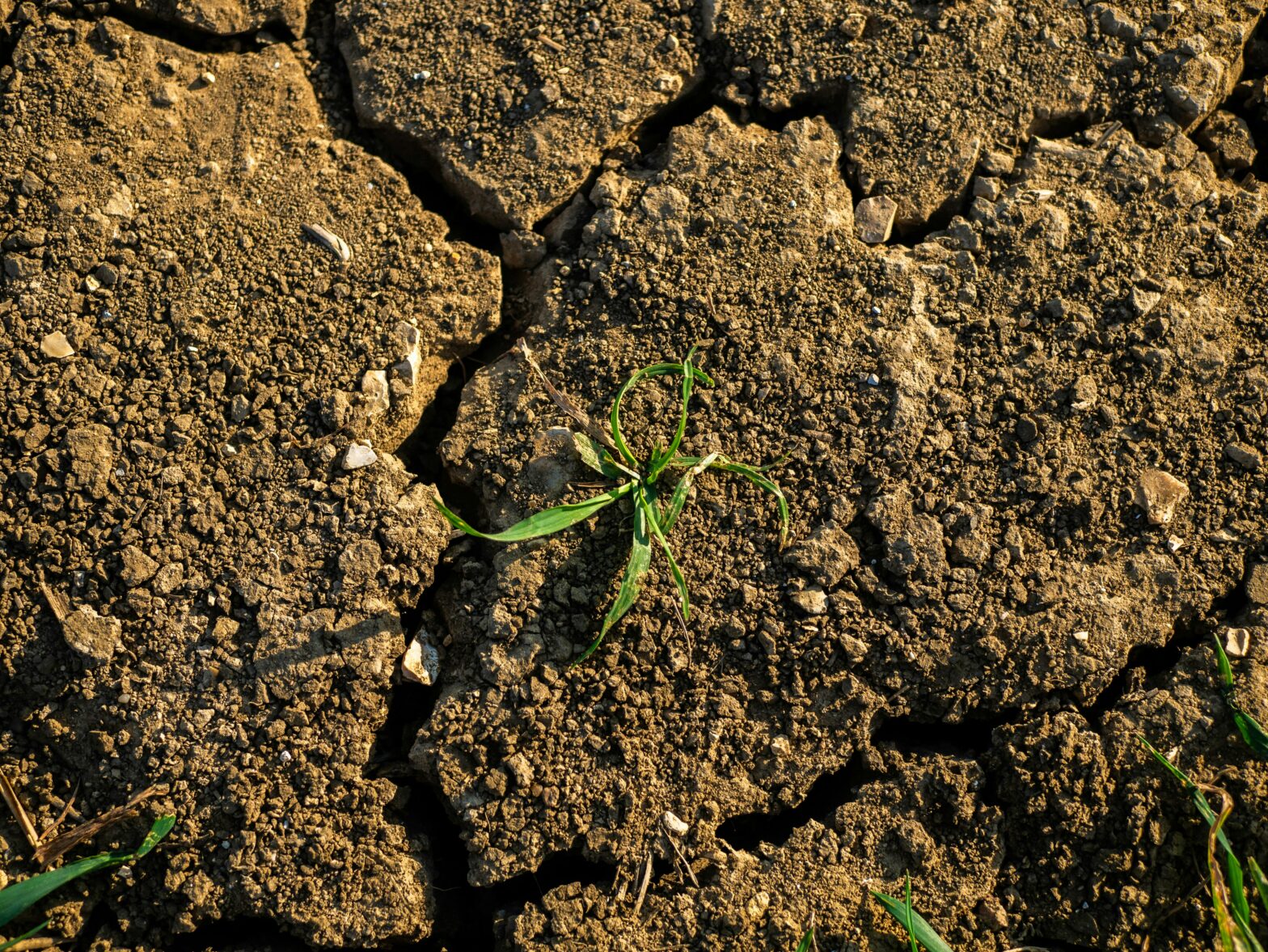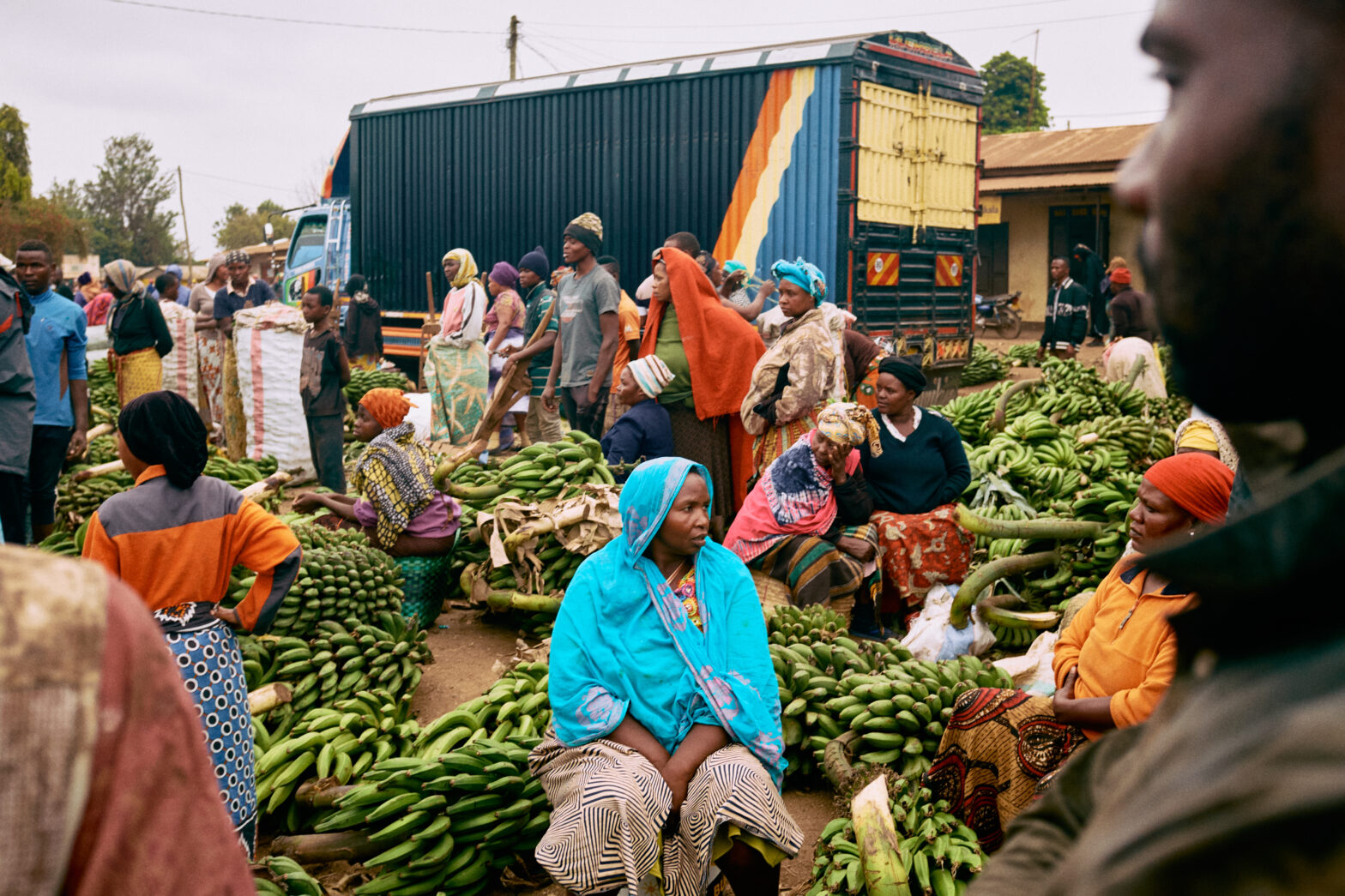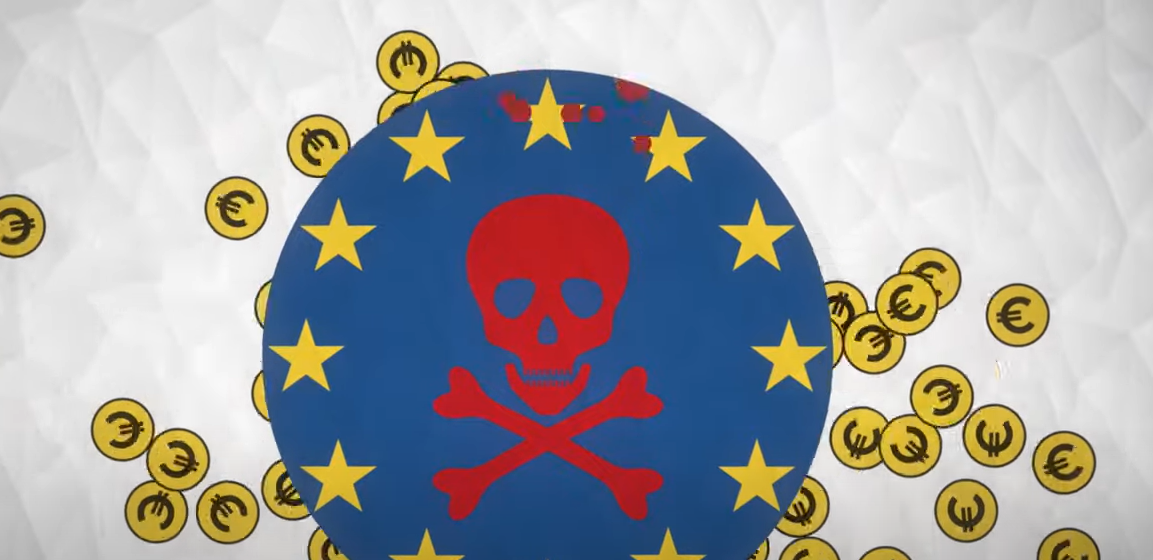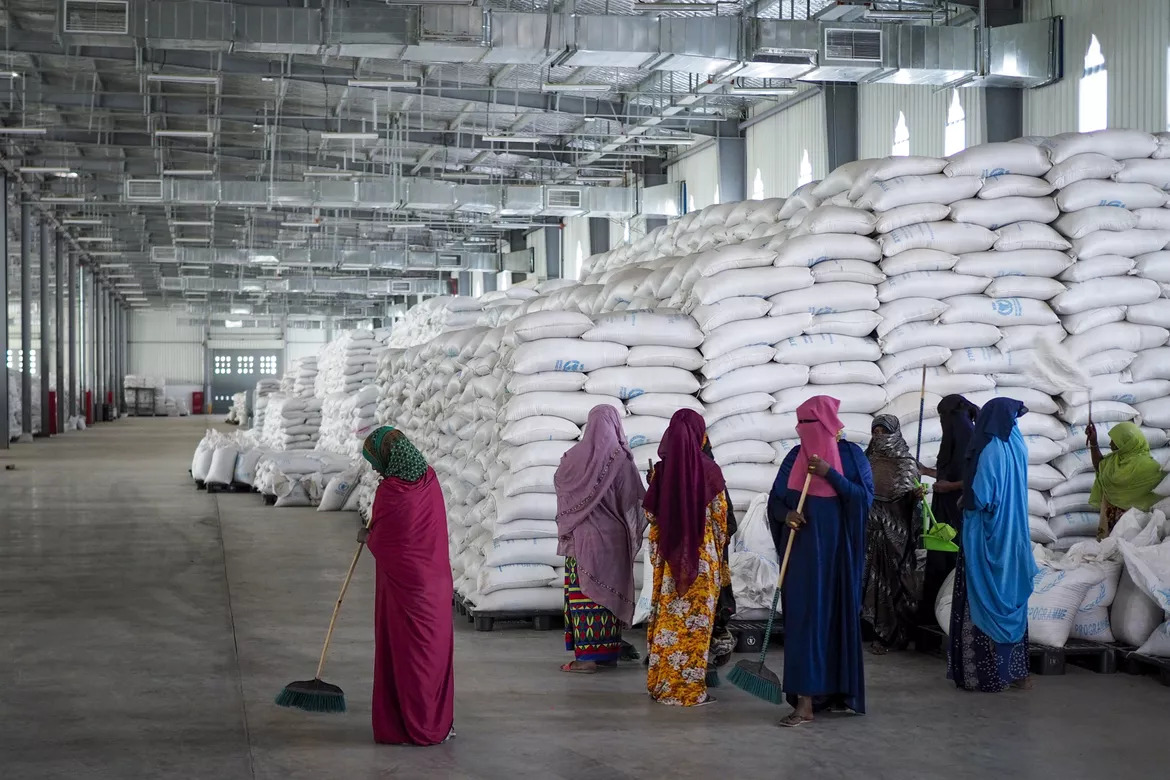Share Twitter Facebook Email Copy URL
World Food Day 2021 is ill-starred. Covid-19, climate change and conflict coupled with structural problems such as poverty, inequality, unsustainable food systems, lack of investment in agriculture and rural development or inadequate safety nets have made the goal of zero hunger set in the 2030 Agenda an unattainable goal. In many hunger-affected regions, the fight against hunger has come to a standstill or even reversed. According to current Global Hunger Index projections, the global community – especially 47 countries – will not achieve low hunger levels by 2030.
In view of this, the international community and also the United Nations should have initiated the overdue trend reversal long ago, but the UN Food Systems Summit (UNFSS) hosted by UN Secretary-General António Guterres in New York on 23 September 2021 clearly missed this target, according to a large part of civil society. Instead of addressing the causes of hunger and working out solutions, disproportionate space was given to the profit-oriented interests of corporations and banks, but also philanthropic organisations. Yet they are often the very actors that promote an intensive industrial model of agriculture and thus exacerbate the global food and climate crisis.
Instead, the decisions about what the right ways out of the crisis are must be made with the people. This means first of all tackling the Covid 19 pandemic globally, for example by supporting 120 million additional people who have been suffering from chronic hunger since 2020. But it also means transforming the global food system by putting control over resources such as seeds, water and land in the hands of farmers, providing access to markets, knowledge and capital, and strengthening social movements and self-organisation of rural workers, smallholders and other marginalised groups in rural areas. Fundamental to this is the concept of food sovereignty.



